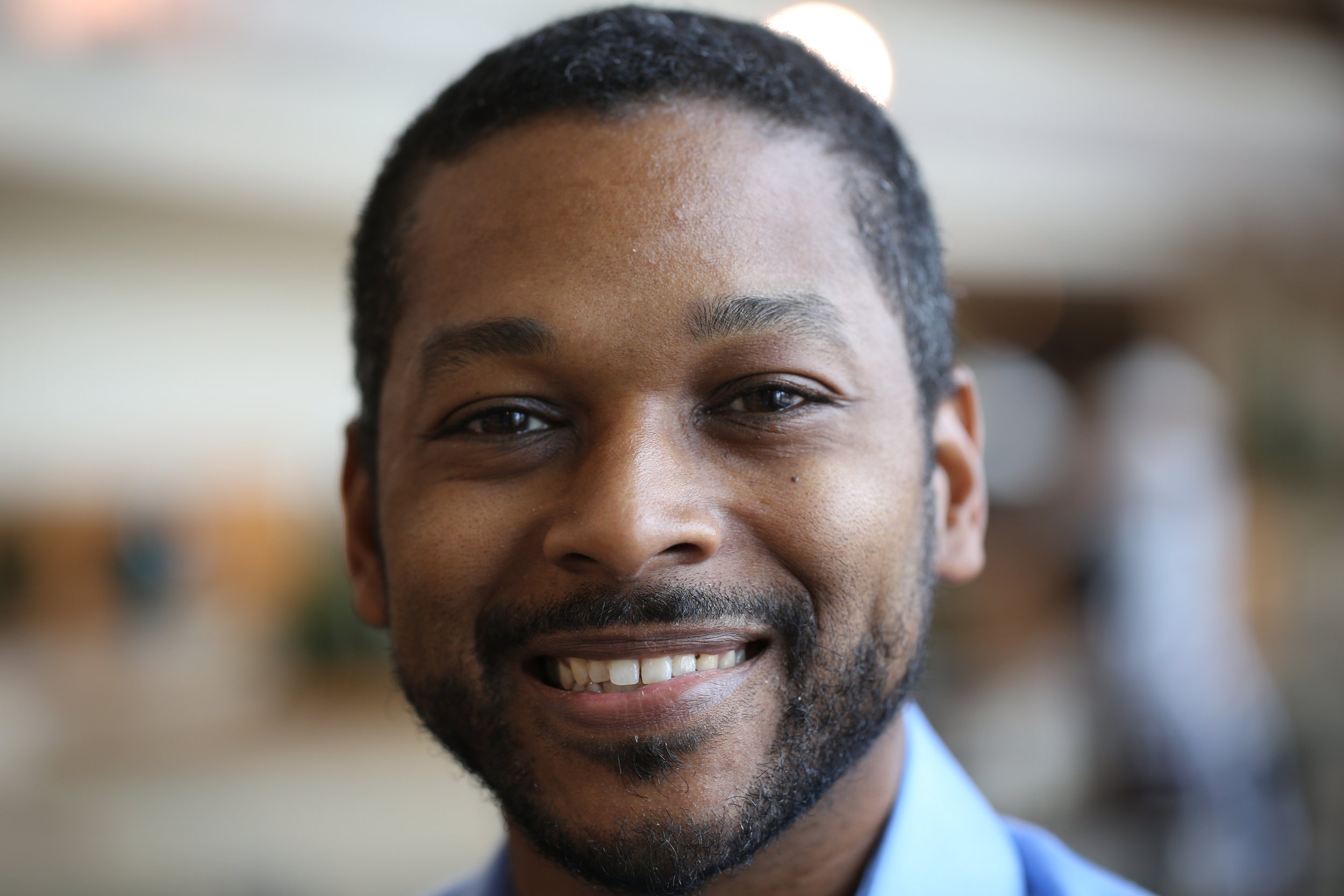Advent and Apocalypse
Josh Rodriguez
By Junius Johnson
Advent is a strange time for the Christian, who often finds herself caught between two calendars: on the secular calendar, the moment the last bite of Thanksgiving goes down, the Christmas season begins, and will stretch until the magic of Christmas morning, after which it is fairly immediately extinguished. But on the Church calendar, we are in a season of waiting, of expectant longing, right up to the fall on darkness on Christmas Eve, at which point we begin a season of rejoicing too intense to be confined to one morning, and so which stretches through the following twelve days. The soundtrack of this now and not yet double season, controlled as it is by secular concerns, is mostly skewed towards premature celebration. But some of its songs strike the right chord of expectation for the Christian. “O Come, O Come Emmanuel” is one of those.
This mournful hymn, with verses enough to last all through Advent, plumbs the depths of the theology of Christ’s coming, and of the pain of the soul trapped in inescapable longing. We are a people sitting in darkness, held in bondage by chains of our own manufacture. We have sold ourselves to slavery, and now we lie in darkness and filth, fashioning links that will only be added to the heavy loads we bear, a macabre and spiritual transposition of Dickens’ Jacob Marley. We are those who understand longing: for release, for deliverance, for the power to forgive ourselves for the horrors we have committed.
Video & Performance produced by Junius Johnson
This song is the song of our hearts, transposed out of the key of blind selfishness and into the purity of true vision: it expresses not what we think we want, but what we really want. This song’s prayer is first raised for us by Holy Spirit in groanings that we recognize as our own, even though we cannot make out the words and the sense maddeningly eludes us. Only precious grace allows this prayer to take first wings and fly.
There is therefore a double truth to the desolation so lovingly described in this song: we are, without grace, exiled, ignorant, terrified, beset by foes, homeless, in danger on the road, benighted, at war with our fellow humans. But, even in grace, we are also all of these things. Our salvation has not, within the context of our pre-lives here on earth, released us from solidarity with the common human condition.
The breaking of a human heart, any human heart, is an apocalypse: It is both Armageddon and revelation. The dearth of a heart in a world of pain is without bottom and without measure. I have known the pain of loss and of exile, I have wandered the world a ghost and a shadow, I have seen in my few years the sufferings of a lifetime. I have been worn down, beaten down, broken, and despised. I have played the long odds and lost, I have tried to save those I loved and failed. I have also lived to see myself become the villain: I have played the oppressor, laid a snare for the feet of the righteous, and despoiled the poor with joy. These things were in themselves a torment, though they felt like joy at the time; the knowledge of them is a Hell I sometimes fear even grace will not allow me to escape.
We, at our strongest, endure, withstanding the pressures of these evils; more often, we simply go on. We manage to set one foot in front of the other, but just barely. But we do not do so aimlessly: we do it because we know the world must go on until its very end, because of those who are still in chains and do not see the coming light. We suffer the daily martyrdom of tedium, a baptism in tears, and we do so for those who have not yet turned. I have the strength to go on because the world must go on in order that they be given the chance to live. And if the world must go on, it must go on as it is; for when it will have been changed, all chances are over, all sides have been picked. I will eat my bread in pain, seasoned by the salt of my tears, every day of my life, stretching beyond the strength of my fragile frame and too-small soul to endure if it means that one more person will respond to the light of life. This is a suffering worth living for.
Dr. Junius Johnson is an independent scholar, writer, musician, speaker, and teacher. The author of several books and articles.
It is not only those outside the Church who are described by the verses: we all are captivated and in darkness. But all turns on whether we can join our hearts to the chorus: rejoice! This is the not trivial or escapist. It does not declare: “He is here, all is well!” Rather, it says that he will come: therefore rejoice. He is not here, your condition is not materially changed, you are still in your chains. But the Lord will come again: Therefore rejoice. This is the cry of hope, which does not relieve but intensifies longing. Here we learn, with the saints under the heavenly altar, that blessedness and longing may go together. Here faith and hope blend: for even in our longing we are comforted.
Amen. Come, Lord Jesus (Rv. 22:20)!
Junius Johnson’s work explores the intersections of Christian theology with philosophy, art, and meaning. Deeply devoted to story and the power of music, he is greatly concerned with the imagination, its use, and its destiny in the human encounter with God. For more info, visit: http://www.juniusjohnson.com/ and check out his online course offerings at academics.juniusjohnson.com

